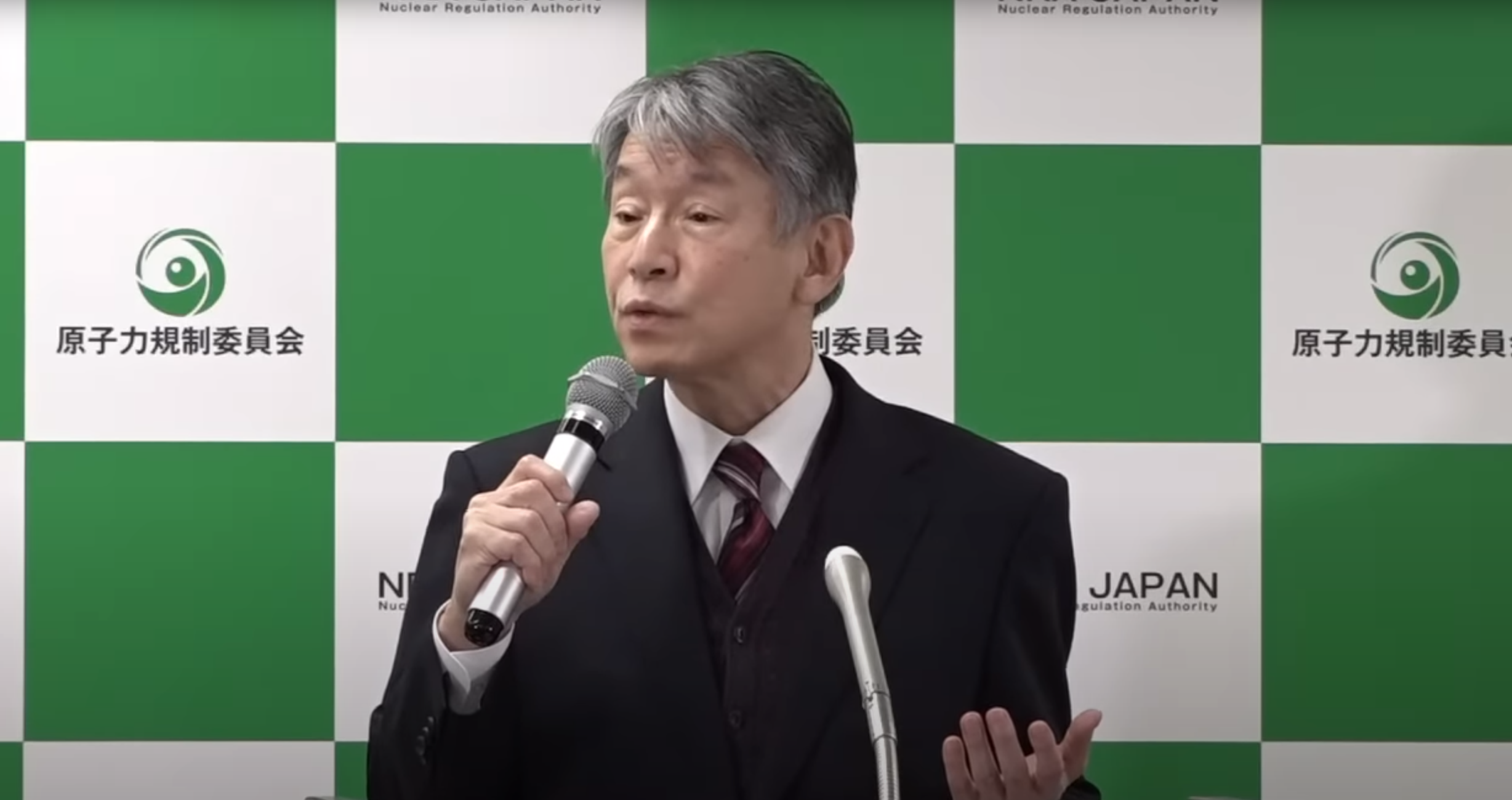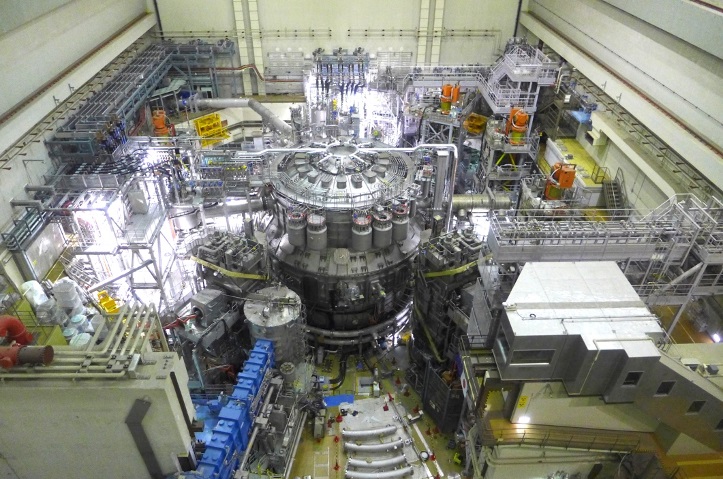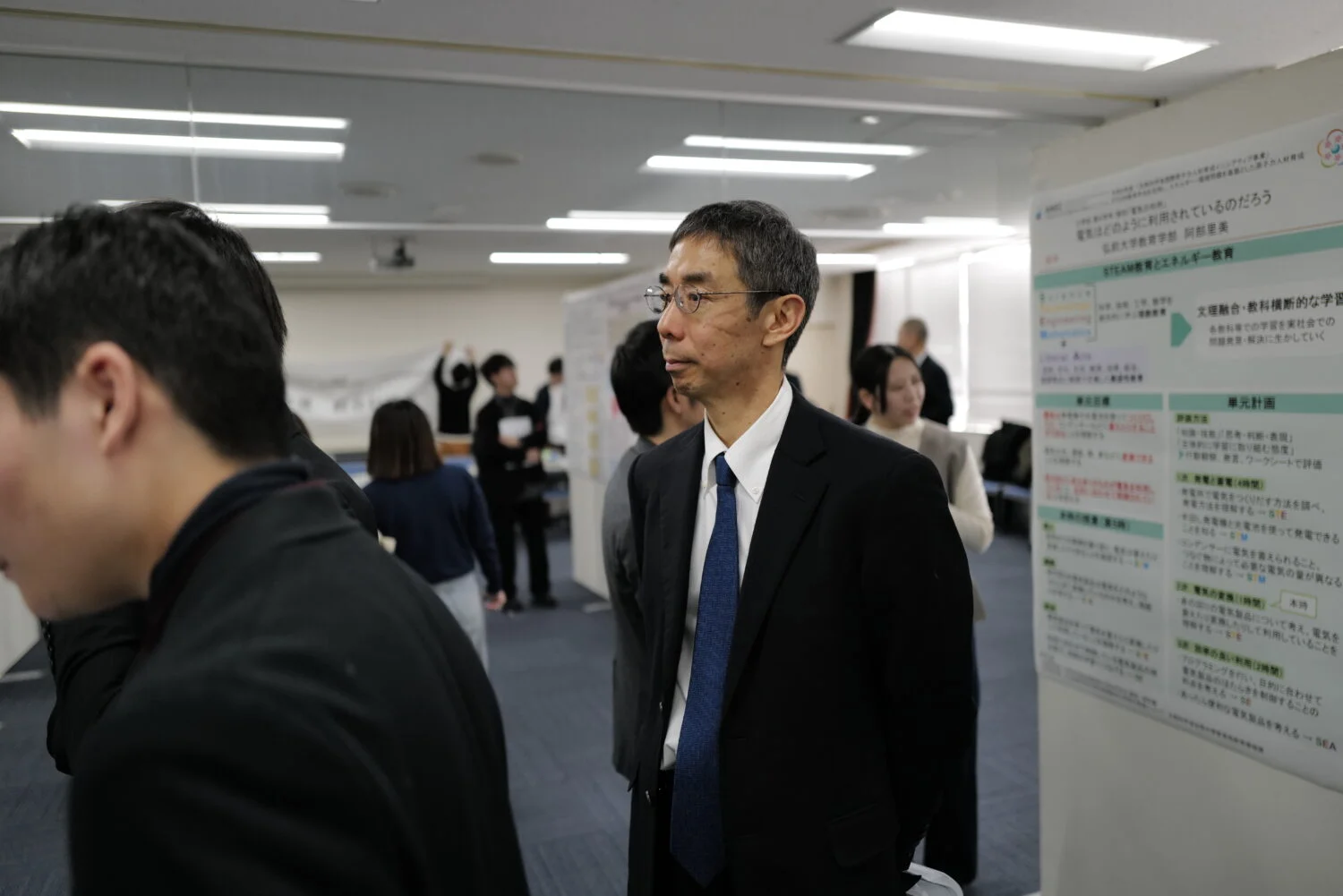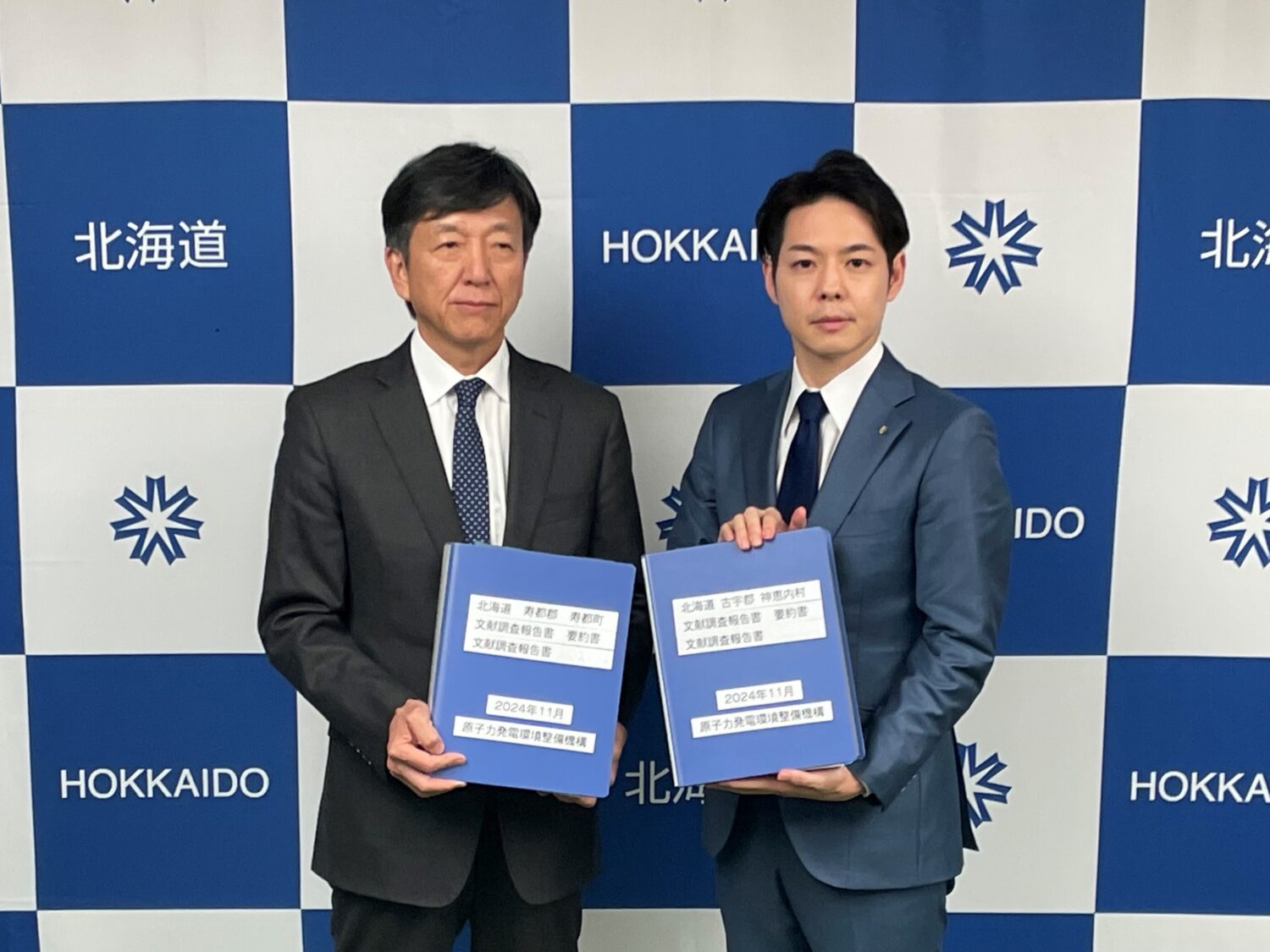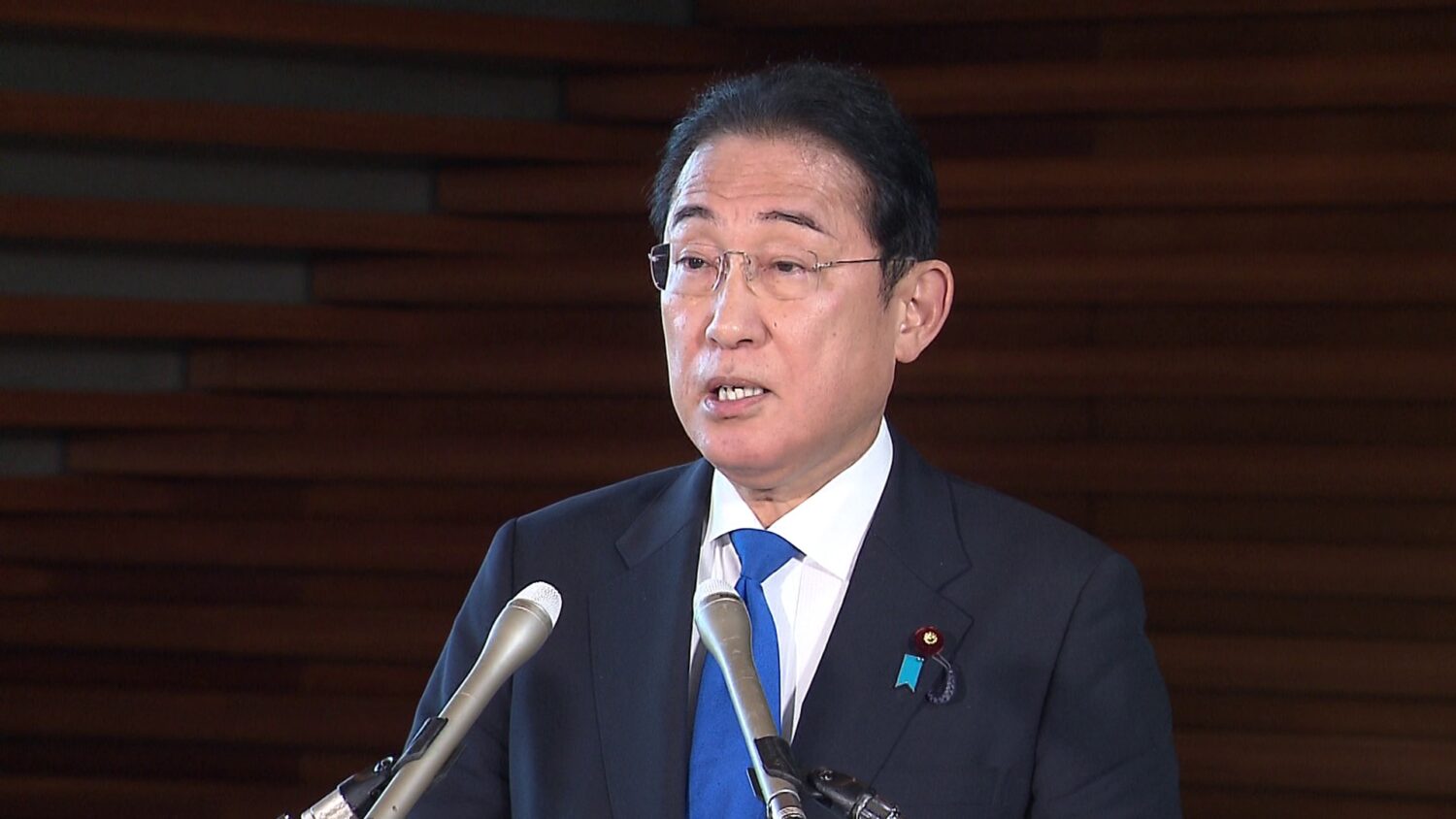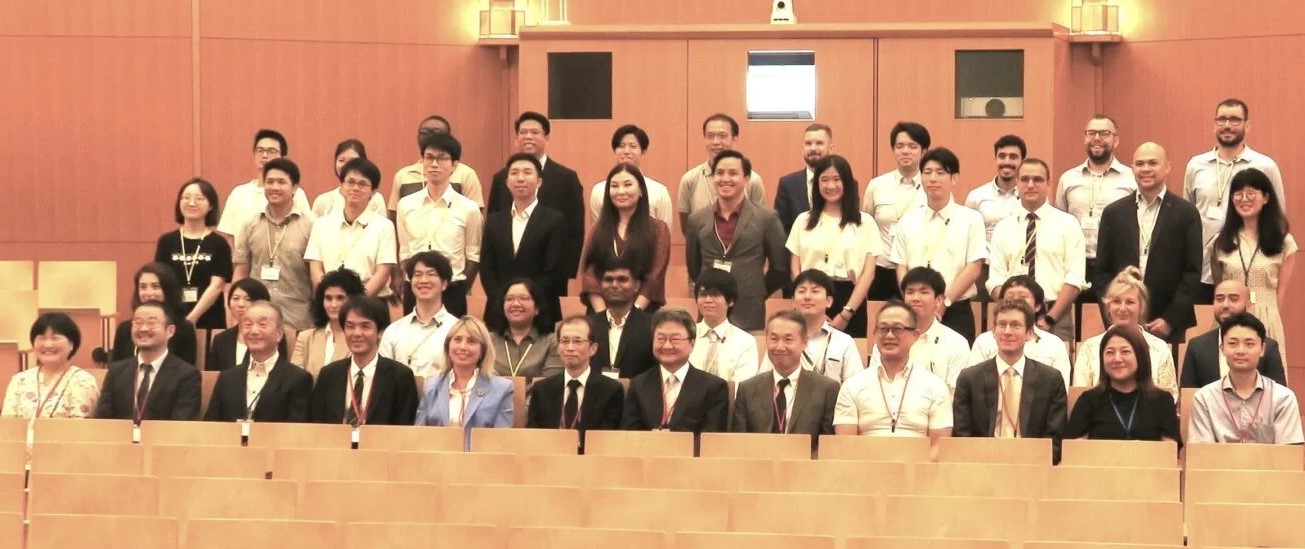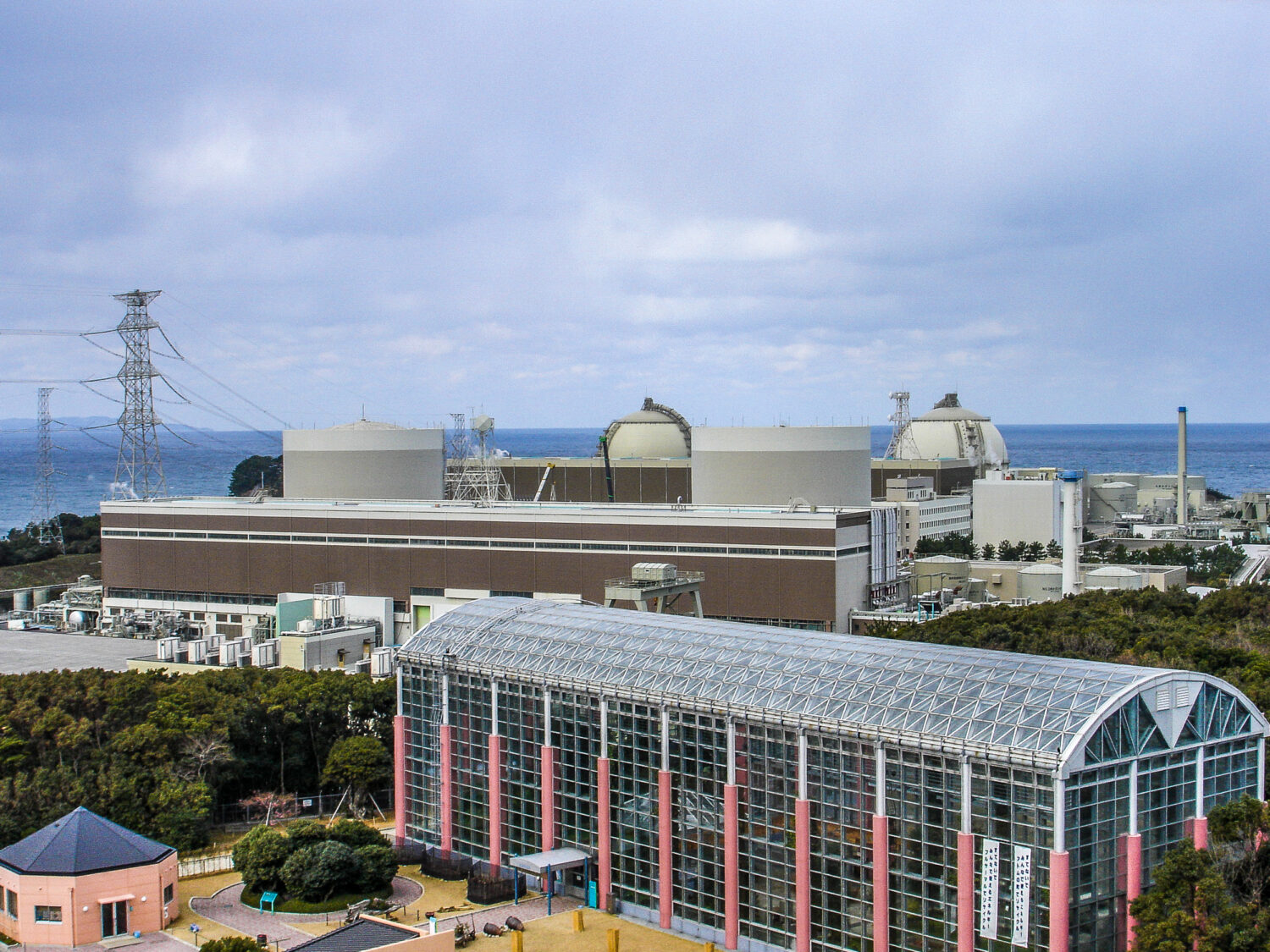The speakers were Osama BAIG, Ambassador of the North American Young Generation in Nuclear (NAYGN) Durham Chapter, and Associate Professor NAKASE Masahiko of Science Tokyo.
Baig, a graduate of Canada’s only nuclear engineering program—at Ontario Tech University—has gained extensive hands-on experience in a range of fields, including CANDU reactor refurbishment, decommissioning planning, business development, and strategic planning. Interfacing with international nuclear organizations, he built strong global communication skills. He also operates a YouTube channel featuring video content from his visits to nuclear facilities, contributing significantly to education and outreach within and beyond the industry.
Prof. Nakase, meanwhile, was attracted to the study of energy and robotics during his student years and has since conducted research in chemical engineering, the nuclear fuel cycle, and waste disposal following the March 2011 Fukushima Daiichi accident. His international academic experiences have helped him develop an interdisciplinary perspective, which he said has been crucial in the nuclear field, describing it as “a uniquely multifaceted domain offering diverse research and practical opportunities.”
Both speakers highlighted the appeal and future potential of the nuclear industry. Baig emphasized the interdisciplinary nature of the sector, saying that it required not only scientific and technical skills but also business acumen, strategic thinking, and communication abilities. He noted that the younger generation could revitalize the industry by introducing new technologies and innovative business models.
Prof. Nakase agreed, stressing that the convergence of diverse specialties within the nuclear field creates opportunities for novel research and projects. In Japan, where the industry tends to be insular, he said international perspectives are key to fostering innovation and encouraged students to actively engage.
The two also discussed the importance of disseminating information. Baig pointed out that the traditionally conservative nature of the nuclear industry had resulted in a lack of accessible and engaging content. He then told the audience how his own video productions are now widely used as educational and training tools, helping to improve public understanding of nuclear energy.
Prof. Nakase added that when researchers and experts communicate their findings clearly to society, it strengthens public understanding of nuclear energy. Such outreach also boosts researchers’ motivation and enhances their connection with the broader community, he noted, underscoring the value of proactive communication.
Baig closed by encouraging students to engage with professionals―not just at the JAIF conference, but in other venues as well. He also urged them to remain curious and continuously challenge their limits. Meanwhile, Prof. Nakase encouraged the students to always be aware of the significance behind their research and work, and to build diverse experiences beyond Japan, maintaining a global outlook.



